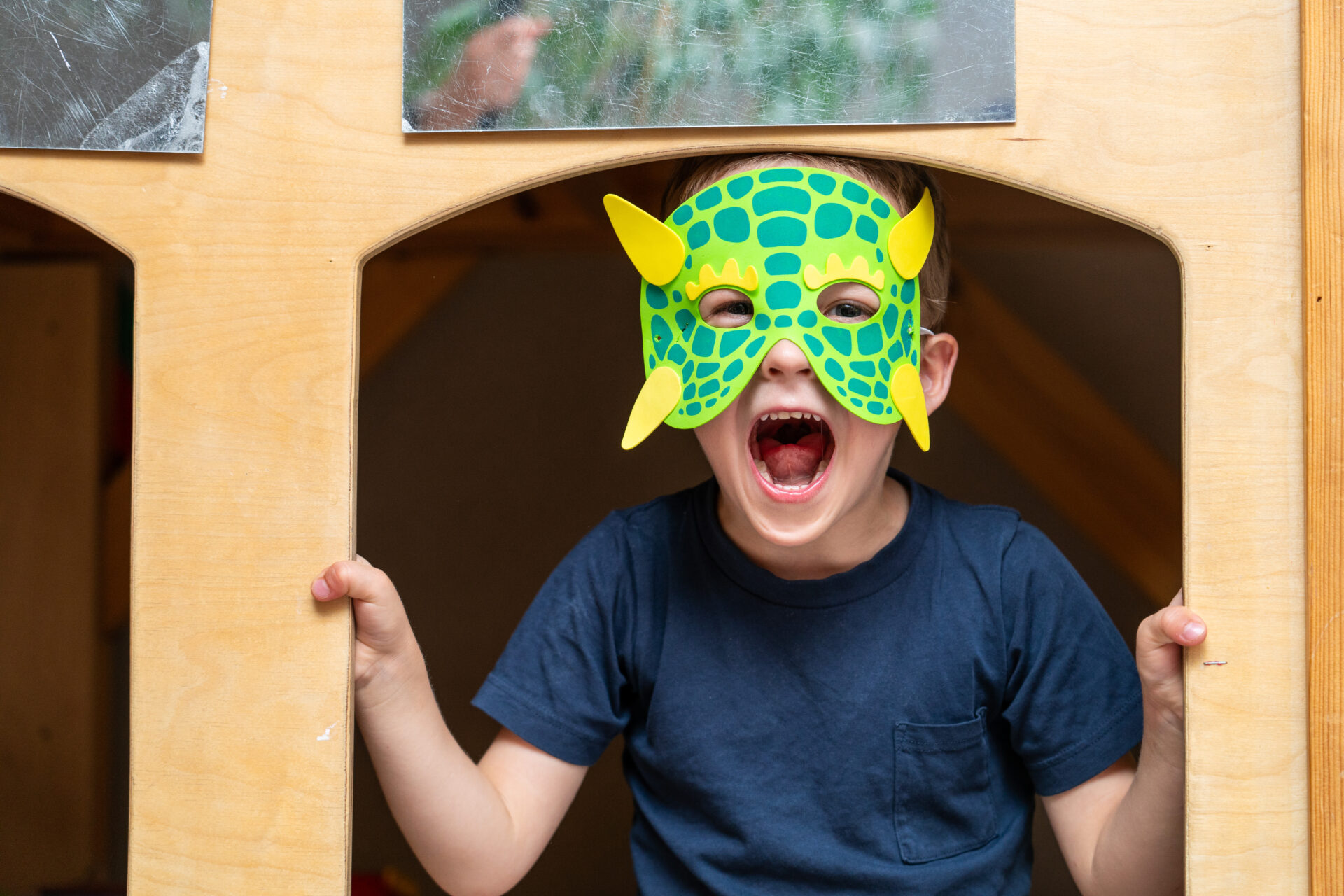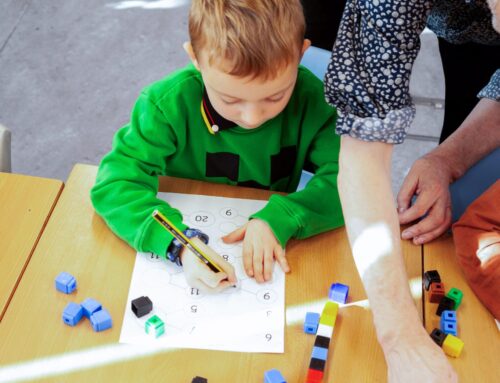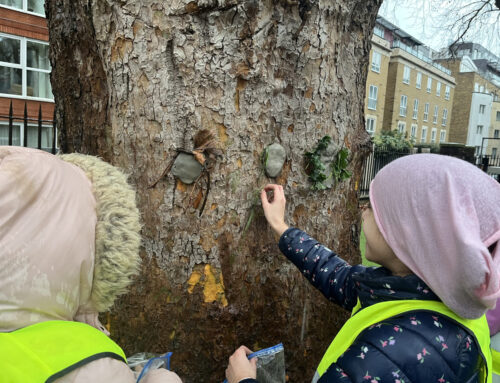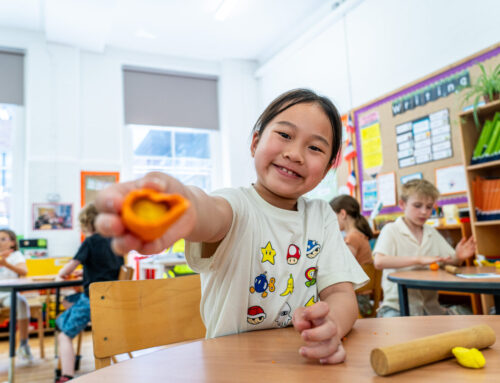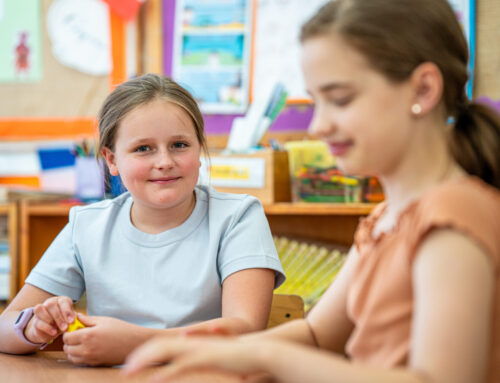Play is often described as the “work” of childhood, an idea that resonates strongly in early years education, but whose full meaning is sometimes overlooked. To many adults, play can appear spontaneous and joyful, almost effortless. Yet beneath the surface, something far more profound is taking place. When children play, they are building the foundations for intellectual curiosity, emotional resilience, social confidence, and creative problem-solving. Play is not a break from learning; it is learning, expressed in the most natural language children have.
In a world that can sometimes feel increasingly structured and hurried, protecting time for play is essential. It allows children to explore freely, to imagine boldly, and to discover the world on their own terms. At Dallington, where childhood is cherished and creativity is encouraged at every turn, play is not simply an activity but a guiding principle. It shapes our environment, our curriculum, and the way we understand children’s development.
Understanding the Learning Power of Play
When children play, they are engaging in a kind of self-directed research. They test ideas, question possibilities, and try things out in ways that feel meaningful to them. A child experimenting with blocks is not merely “building.” They are thinking about balance, exploring size and weight, comparing shapes, and discovering physical laws. A child absorbed in imaginative role play is not simply pretending. They are practising language, rehearsing social scenarios, interpreting emotions, and using storytelling to make sense of their experiences.
Play gives children the freedom to follow their own curiosity. It supports focus, persistence, and problem-solving, not because they are asked to concentrate, but because they want to. This intrinsic motivation is one of the most powerful drivers of deeper learning, and it is far more sustainable than any form of externally imposed instruction.
The Holistic Benefits of Play
While the academic benefits of play are well documented, its impact reaches far beyond early literacy and numeracy. Children develop socially, emotionally, and physically through the kinds of natural interactions that play encourages.
Play provides a safe space for children to express big feelings, to negotiate relationships, and to practise empathy. They learn what it means to take turns, to listen, to share, to step forward confidently and, sometimes, to step back. Moments of disagreement or frustration become opportunities to learn how to manage emotions and find solutions. These are all skills that adults often describe as invaluable in daily life but rarely associate explicitly with childhood play.
There is also a deeply creative dimension. Through play, children explore ideas that are bigger than themselves. They imagine alternate worlds, test boundaries, innovate solutions, and engage in fluid, imaginative thinking. These early experiences plant the seeds of the creativity, adaptability, and original thought that will serve them for life.
The physical benefits of play are equally significant. Movement, exploration, climbing, manipulating objects, and engaging in sensory experiences all help children develop coordination, strength, and the fine motor skills that underpin later writing and practical independence. Play gives children the opportunity to understand their bodies, test their limits, and gain confidence in their abilities.
Why Play Matters Especially in the Early Years
The early years represent the most absorbent period of a child’s development, a time when neural pathways form at remarkable speed. During this stage, children learn through doing, observing, experimenting, and connecting. Play provides the ideal conditions for this kind of learning to flourish.
Quality early years environments recognise that children do not benefit from being hurried through developmental stages. Instead, they thrive when given space to explore at their own pace. A play-based approach honours this natural rhythm. It removes pressure and replaces it with possibility. It gives children the room to wonder, to repeat, to perfect, and to revisit ideas — all essential steps in deepening understanding.
Parents who value holistic development often recognise that the benefits of play extend far beyond the early years. They see that children who have been given the freedom to learn through play frequently demonstrate confidence, emotional awareness, curiosity, and strong communication skills as they move through school and into later life. These traits are not incidental; they are cultivated through meaningful early experiences.
Play in a Modern Educational Context
Today’s children are growing up in a fast-paced world, one where digital stimulation, structured activities, and academic expectations can arrive earlier than ever. In this context, play acts as a protective force. It restores balance, offering children time to process, decompress, and create. It strengthens mental health, gives rise to joy, and allows the child’s inner world to breathe.
Many parents searching for the right school express a desire for environments that prioritise wellbeing as much as academic development. Others want reassurance that their child will be understood as an individual rather than hurried along a predetermined path. Play responds to these concerns beautifully. It gives children autonomy while ensuring they feel secure. It supports varied learning styles, celebrates difference, and allows children to find their own strengths within a supportive, nurturing community.
The Role of the Educator in Play-Based Learning
A common misconception is that play-based learning lacks structure or intent. In reality, skilled early years educators play an active and thoughtful role. They observe closely, joining play at just the right moment to extend a child’s thinking, introduce new language, or invite deeper investigation. They design spaces that spark curiosity, provide open-ended resources that encourage exploration, and create environments where children feel safe to take risks.
At Dallington, play is not treated as a separate activity. It is woven throughout the day, shaping both planned and spontaneous learning. Teachers act as guides, collaborators, and facilitators that allow children to lead, while gently supporting them to stretch their ideas and discover new connections.
A Dallington Perspective on Play
Dallington’s long-standing commitment to progressive education has always placed play at the heart of children’s development. Our mixed-age environments encourage collaboration and modelling, with younger children inspired by the capabilities of older peers and older children gaining confidence through nurturing leadership. Creativity runs through daily life, from artistic exploration to imaginative group projects, and our carefully designed spaces invite children to choose materials, combine ideas, and set their own challenges.
Parents often describe Dallington as a place where childhood feels intact — where learning feels joyful, expressive, and meaningful. This is the direct result of an approach that respects the power of play.
Our Final Thoughts
Play has an extraordinary ability to bring the whole child into the learning process. It supports intellectual development, emotional wellbeing, social understanding, physical confidence, and creative expression — all in ways that feel natural, joyful, and deeply engaging.
When we protect play, we protect curiosity. We protect individuality. We protect the wonder and imagination that make the early years such a remarkable time. Most importantly, we ensure that children begin their educational journey feeling understood, empowered, and excited to learn.
In this sense, the power of play is not simply that it prepares children for school. It prepares them for life.
If you’d like to find out more about how we incorporate play into our lessons here at Dallington, take a look at some of our curriculum pages or have a chat with our admissions team. If you’d like, we also welcome you to come and see for yourself! Just hit the button below to come and visit us in Islington, either at one of our upcoming open days or for a private tour of the school. We can’t wait to meet you!

